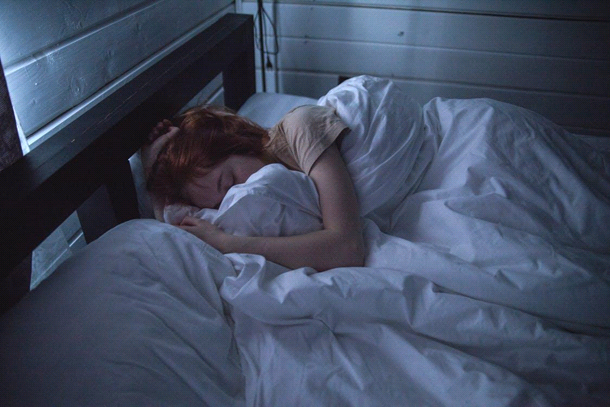Natural Ways to Better Sleep
Melatonin is a Natural Sleep Aid; but You May Be Overdoing It
More than a third of US adults report insufficient sleep – defined as fewer than seven hours per day – according to the Centers For Disease Control, and while it’s tempting to wear your exhaustion like a badge of honor, getting to the bottom of your sleep troubles is essential.
“Sleep is important for health, just like nutrition and exercise, and it should be protected,” neurologist Heidi Roth, MD, co-director of the sleep clinic at the University of North Carolina at Chapel Hill says.
There are a number of reasons you might be running short on sleep, and an equal number of over-the-counter remedies promising relief. One of the most common is melatonin, a hormone that’s known to regulate the sleep-wake cycle.
When taken six hours before bed – when your body would naturally kick into melatonin-producing mode – the supplement may help you drift off to sleep more easily, Dr. Roth noted. But is it safe, especially if taken every night? Not necessarily.
Melatonin appears to be safe when used in the short-term, according to the National Institutes of Health, but the government agency warns that a lack of long-term studies means we don’t know if it could be harmful when taken for longer periods. Even so, the Mayo Clinic reports that people are unlikely to become dependent on the supplement, which is a known risk with other sleep aids.
Still, continued use isn’t recommended, especially since sleep issues are often caused by an underlying condition, such as sleep apnea. “Medical evaluation for sleep problems should always come first,” Dr. Roth said. If melatonin is recommended, your doctor can help you determine the right dosage. The standard offering of three to 10 mg is higher than most patients need.
Go to Bed at This Time Every Night
A study conducted by the well-being brand Forza Supplements discovered that the optimal time to go to bed is 10:10 p.m.
The findings come after a survey of 1,000 people found that those with the best sleep patterns on average go to bed around this time. These people also had the healthiest eating habits, which is connected to their strong sleep patterns.
Since it typically takes between 15 to 20 minutes to fully fall into a deep sleep, a 10:10 p.m. bedtime will ensure 90 minutes (minimum) of REM sleep pre-midnight. This will also allow you, depending on the time you wake up in the morning, to get the recommended 7-8 hours of sleep each night.
Additionally, research found that 82% of individuals with regular, consistent bedtimes also have more consistent diet and fitness routines. Whether you need a sleep study or Pap supplies, Alaska Sleep Clinic has you covered. Call us today to speak with one of our board-certified sleep specialist.
 About our blogger: Grace Carter is an educator at Eliteassignmenthelp.com and BigAssignments.com services. She manages tutoring programs, creates online courses and works on creation of useful academic content. Also, Grace teaches creative writing at Custom Essay service.
About our blogger: Grace Carter is an educator at Eliteassignmenthelp.com and BigAssignments.com services. She manages tutoring programs, creates online courses and works on creation of useful academic content. Also, Grace teaches creative writing at Custom Essay service.




